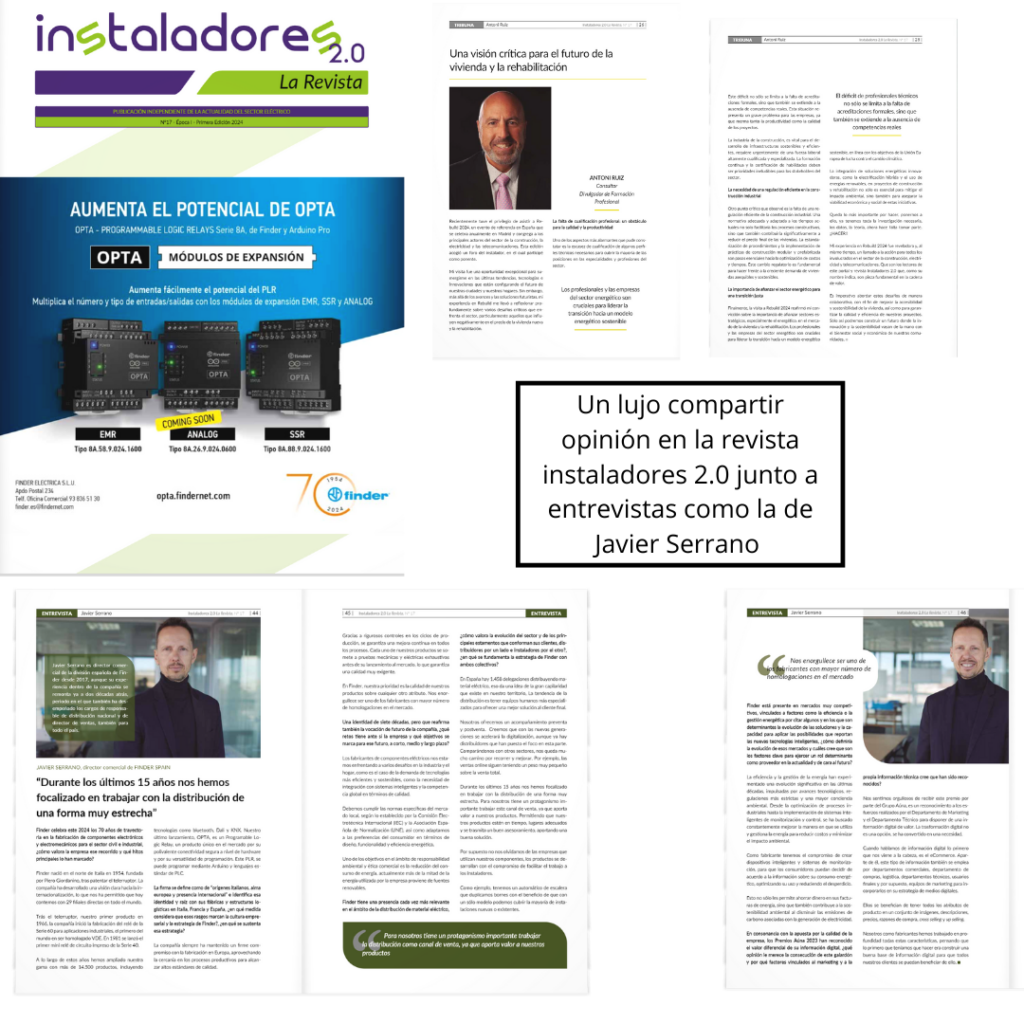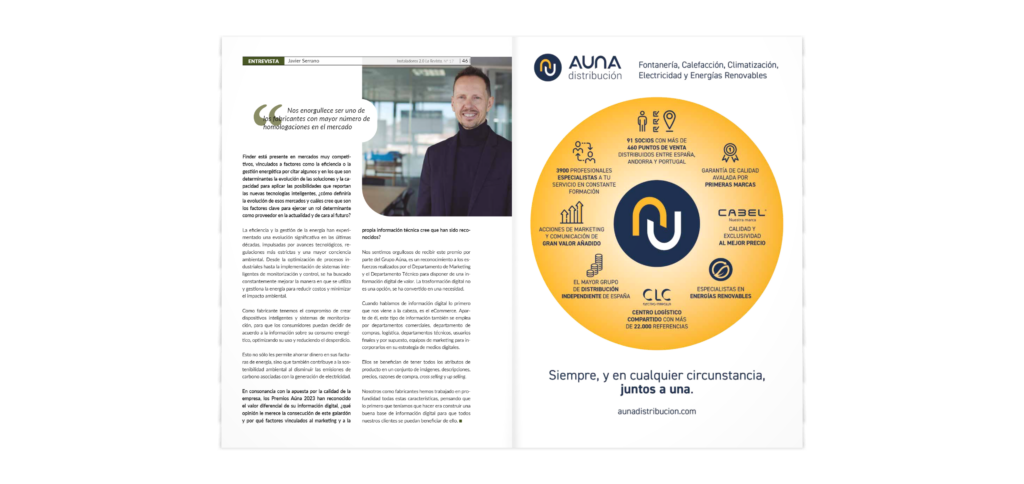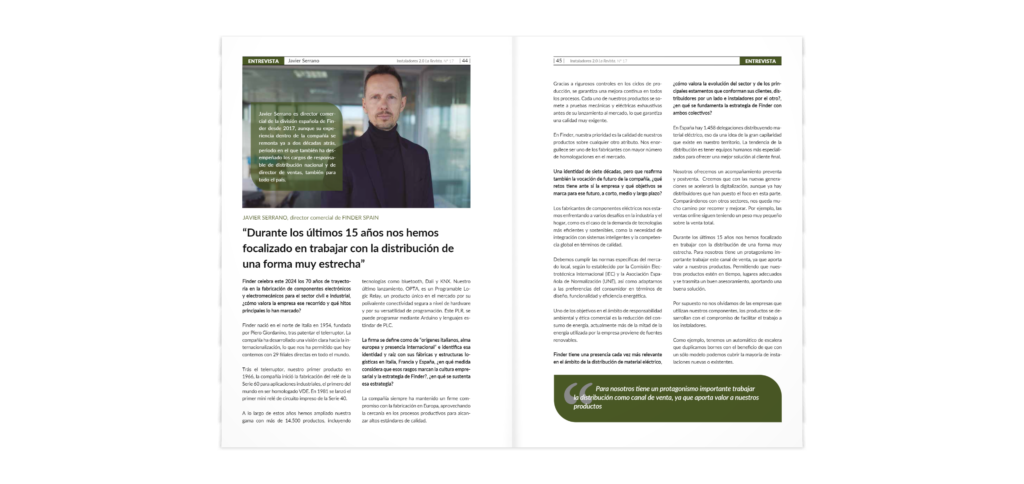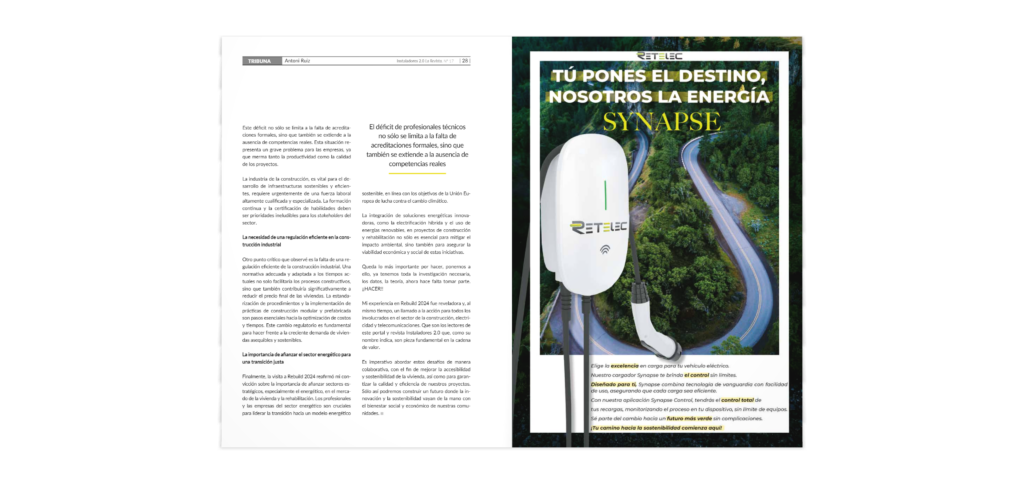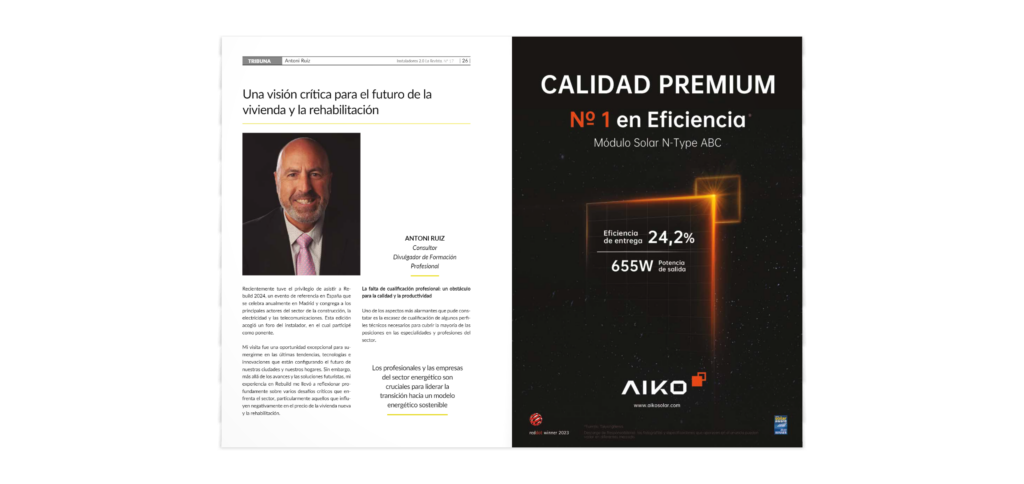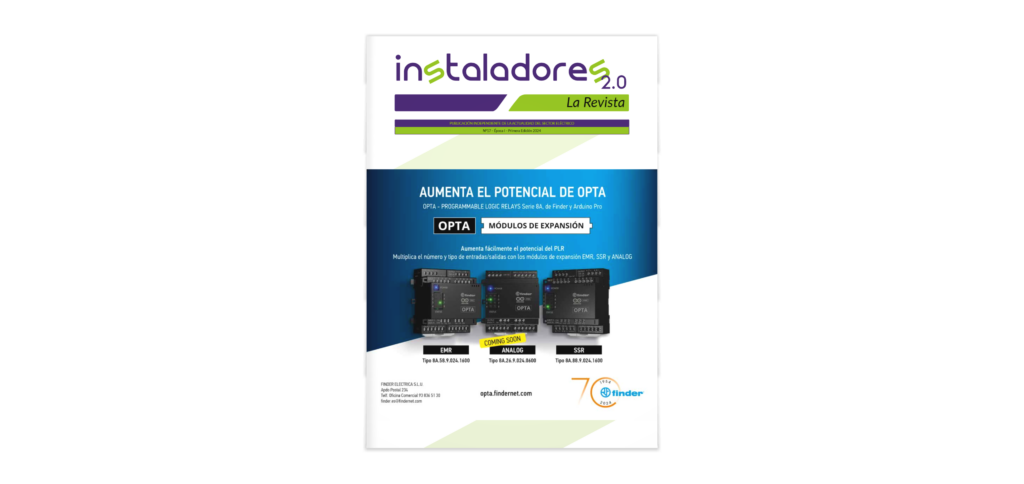Towards an Educational Revolution: Integrating Dual Vocational Training into the Spanish Workforce
In the Spanish educational fabric, Vocational Education and Training (VET) has undergone a significant evolution over the years, adapting to the changing demands of the labor market. One of the most recent and transcendental milestones has been the entry into force on January 1, 2024 of the mandatory Social Security contribution for all types of internships for students in companies. This change, together with the transition to the “Dual model”, which eliminates the FCT (Work Center Training), has marked a turning point in the relationship between VET and the business sector.
The Dual Model and its Novelties: The “Dual model” stands as the new paradigm in Vocational Training, displacing the old FCT. This approach implies a greater integration between the classroom and the work environment, allowing students to acquire practical skills directly in companies. The elimination of the FCT seeks to provide training that is more aligned with the real demands of the market, thus facilitating the labor market insertion of students after completing their studies.
Social Security Contribution: The obligatory nature of Social Security contributions for students’ internships in companies represents a transcendental change. This new requirement implies a formal recognition of the students’ contribution to the labor market, providing them with social rights and protections. The Social Security will subsidize 95% of the contributions and the Ministry of Education, Vocational Training and Sports will be responsible for the remaining 5% in 2024. This joint government effort seeks to alleviate the financial burden on companies by encouraging their active participation in the training of new professionals.
“The Dual model stands as the new paradigm in Vocational Training, displacing the old FCT.”
Responses of the Autonomic Communities: The responses of the different autonomous communities to these new developments are diverse. The Basque Autonomous Community stands out by taking over the administrative processing from the Government itself, eliminating possible bureaucratic barriers for companies and training centers. Other regions have opted for a mixed model, while some are still evaluating the best way to implement these changes.
Advantages and Challenges: The advantages of the new model are obvious. The close collaboration between companies and educational centers ensures training that is more aligned with the needs of the labor market. Social Security contributions recognize and protect students’ rights. However, the sector faces logistical and financial challenges. Adapting to this new model requires time and resources, and companies must adjust to the new administrative and financial obligations.
“The commitment to the Dual model and the Social Security contribution set a new standard that can benefit both students and society as a whole, as long as they are approached with diligence and collaboration”
Continuing Education vs. Dual Model: As VET transforms, the question arises about the balance between the Dual model and continuing education. While the Dual model focuses on early integration into the world of work, continuous training seeks to update and improve skills throughout a career. Both approaches are complementary and must coexist in order to build a solid and adaptable education and labor system.
In conclusion, the transformation of VET in Spain is a crucial step towards more effective training adapted to the demands of the labor market. Despite the challenges, the commitment of the government and some autonomous communities, together with the active collaboration of companies and educational centers, suggests a promising future for vocational training in Spain. The commitment to the Dual model and the Social Security contribution set a new standard that can benefit both students and society as a whole, as long as they are approached with diligence and collaboration.
Opinion article published in Instadores 2.0 magazine.
